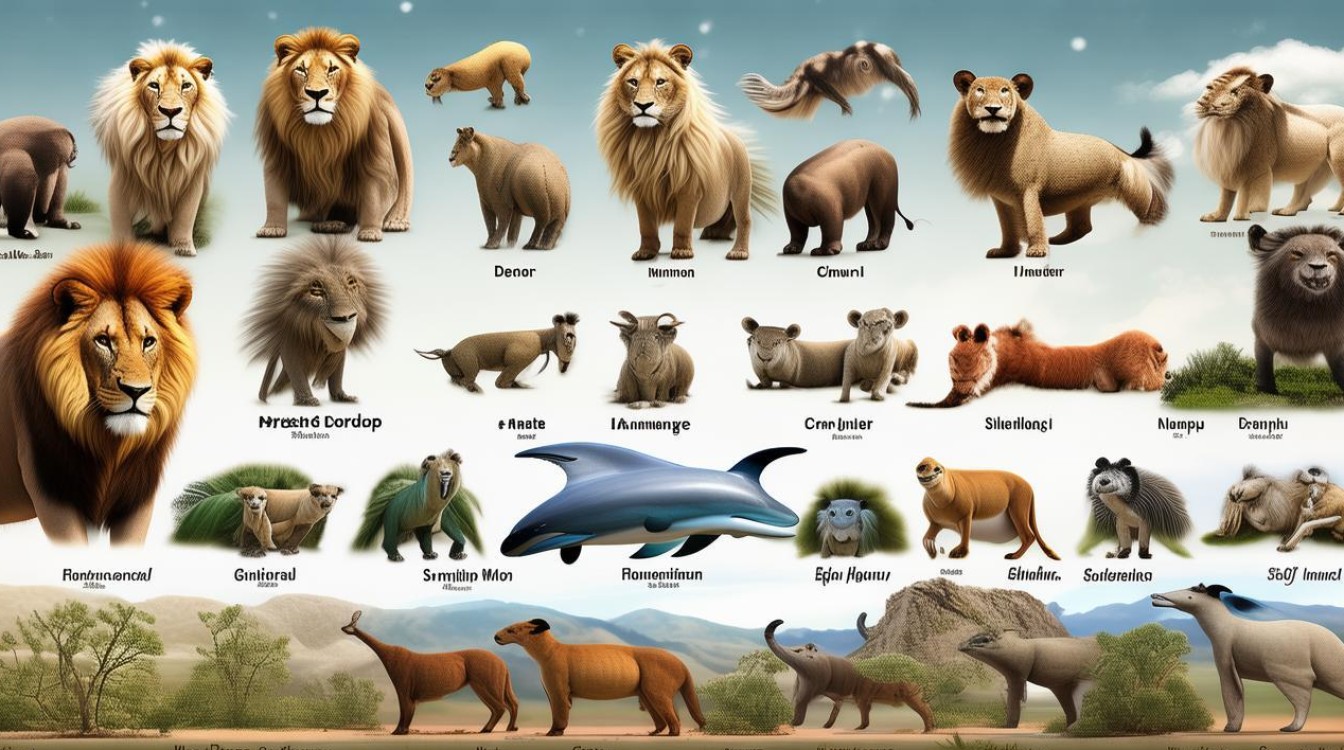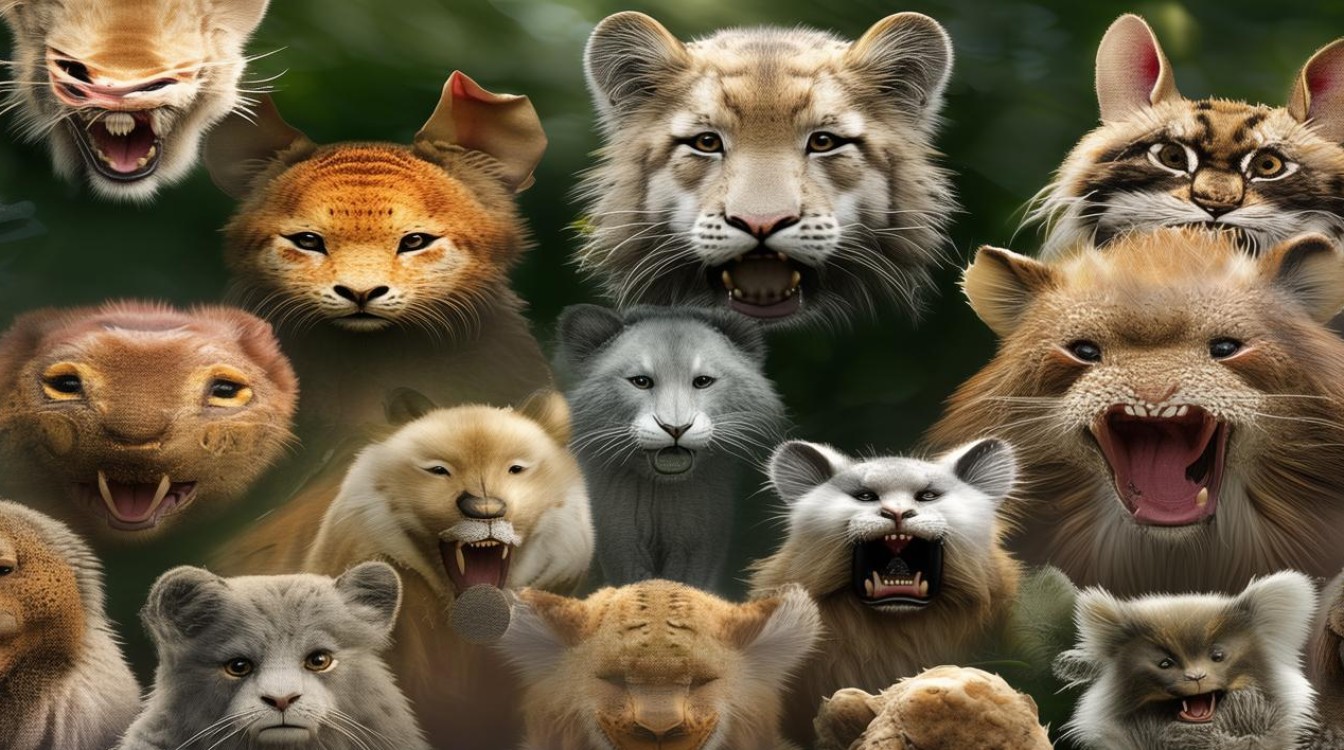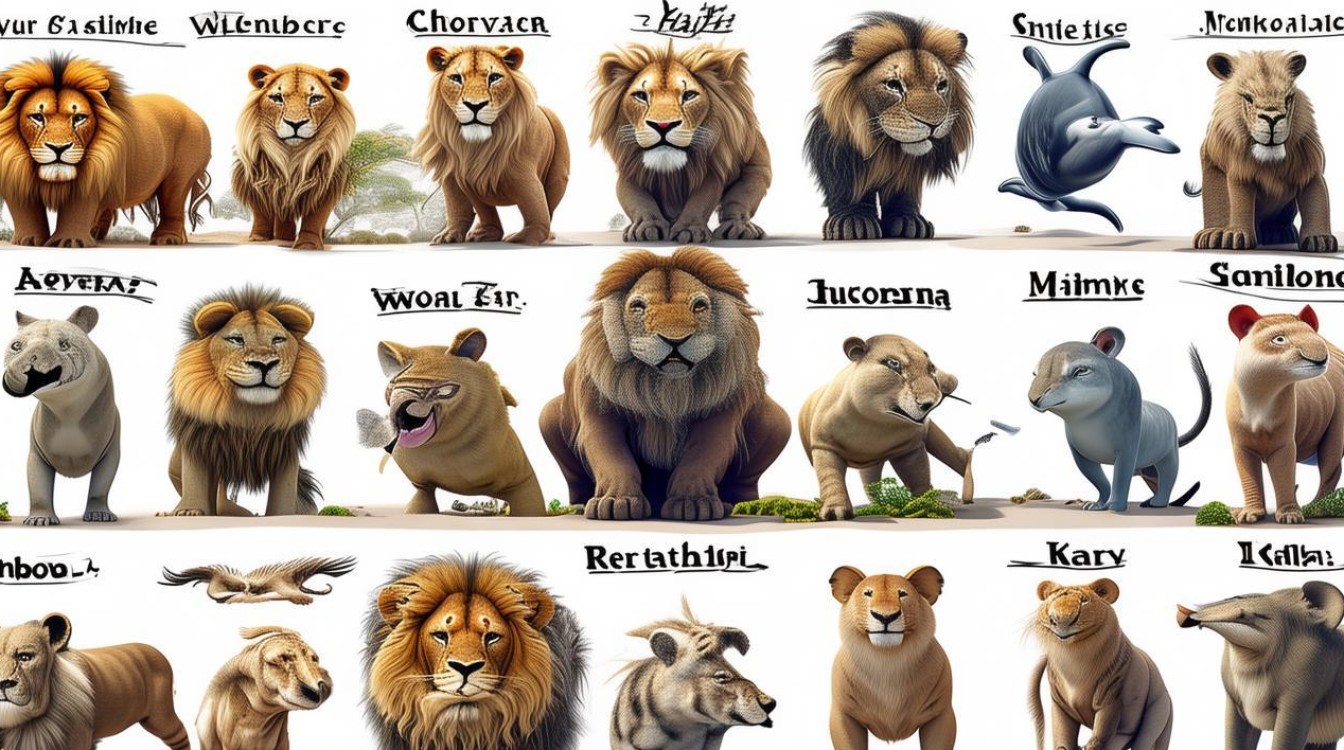Learning animal names in English is more than memorizing vocabulary—it connects us to nature, culture, and even history. Whether you're a student, traveler, or language enthusiast, knowing these words opens doors to richer conversations and deeper understanding. Let’s explore some fascinating creatures and the stories their names carry.

Common Domestic Animals
- Dog – Loyal companions for thousands of years, dogs come in countless breeds. The word "dog" itself has Germanic roots, evolving from Old English docga.
- Cat – Independent yet affectionate, cats were revered in ancient Egypt. The term comes from Old English catt, likely borrowed from Latin cattus.
- Cow – Essential to agriculture, cows provide milk and meat. The word traces back to Old English cū, related to Sanskrit go.
- Horse – Symbols of strength and freedom, horses have shaped human civilization. The term originates from Old English hors.
Wild Animals and Their Unique Names
- Elephant – The largest land animal, elephants are known for intelligence and memory. The word comes from Greek elephas, meaning "ivory."
- Kangaroo – Native to Australia, kangaroos got their name from the Guugu Yimithirr word gangurru, misunderstood by early explorers.
- Giraffe – With long necks and spotted coats, giraffes were called zarāfa in Arabic before entering English.
- Penguin – Flightless birds of the Southern Hemisphere, the name may come from Welsh pen gwyn ("white head") or a similar term.
Birds and Their Linguistic Roots
- Eagle – Majestic birds of prey, eagles derive their name from Latin aquila.
- Owl – Nocturnal and wise, the word "owl" comes from Old English ūle.
- Peacock – Known for vibrant feathers, the term combines pea (an old word for the bird) and cock (male).
Marine Life and Aquatic Creatures
- Dolphin – Intelligent and playful, dolphins get their name from Greek delphis, meaning "womb," referencing their shape.
- Shark – Fierce ocean predators, the word may come from Mayan xoc or German schurke ("villain").
- Octopus – With eight arms, the name comes from Greek októpus, meaning "eight feet."
Insects and Small Creatures
- Butterfly – Delicate and colorful, the origin is debated—some say it comes from "butter-colored fly."
- Spider – Skilled weavers, spiders get their name from Old English spīthra, related to spinning.
- Ant – Hardworking and organized, the word comes from Old English ǣmette.
Mythical and Extinct Animals
- Dragon – Legendary fire-breathing creatures, the term comes from Greek drakōn ("serpent").
- Dodo – Flightless and extinct, the name may derive from Portuguese doudo ("foolish").
- Unicorn – Mythical horses with a single horn, the word comes from Latin unicornis ("one horn").
Why These Words Matter
Animal names reflect human interaction with nature. Some terms have ancient origins, while others were shaped by exploration and cultural exchange. Learning them isn’t just about language—it’s about understanding our world.

Next time you see a dog, cat, or even a penguin, remember the history in their names. Each word carries centuries of stories, waiting to be discovered.


